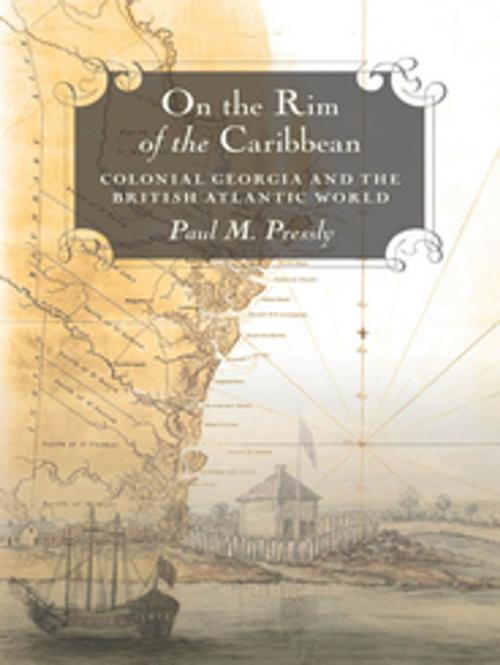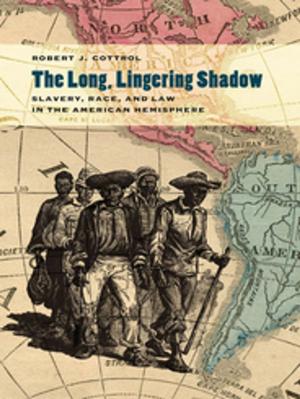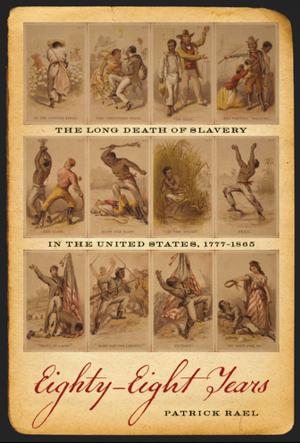On the Rim of the Caribbean
Colonial Georgia and the British Atlantic World
Nonfiction, History, Americas, Caribbean & West Indies, United States, Colonial Period (1600-1775)| Author: | Paul M. Pressly | ISBN: | 9780820345802 |
| Publisher: | University of Georgia Press | Publication: | March 1, 2013 |
| Imprint: | University of Georgia Press | Language: | English |
| Author: | Paul M. Pressly |
| ISBN: | 9780820345802 |
| Publisher: | University of Georgia Press |
| Publication: | March 1, 2013 |
| Imprint: | University of Georgia Press |
| Language: | English |
How did colonial Georgia, an economic backwater in its early days, make its way into the burgeoning Caribbean and Atlantic economies where trade spilled over national boundaries, merchants operated in multiple markets, and the transport of enslaved Africans bound together four continents?
In On the Rim of the Caribbean, Paul M. Pressly interprets Georgia's place in the Atlantic world in light of recent work in transnational and economic history. He considers how a tiny elite of newly arrived merchants, adapting to local culture but loyal to a larger vision of the British empire, led the colony into overseas trade. From this perspective, Pressly examines the ways in which Georgia came to share many of the characteristics of the sugar islands, how Savannah developed as a "Caribbean" town, the dynamics of an emerging slave market, and the role of merchant-planters as leaders in forging a highly adaptive economic culture open to innovation. The colony's rapid growth holds a larger story: how a frontier where Carolinians played so large a role earned its own distinctive character.
Georgia's slowness in responding to the revolutionary movement, Pressly maintains, had a larger context. During the colonial era, the lowcountry remained oriented to the West Indies and Atlantic and failed to develop close ties to the North American mainland as had South Carolina. He suggests that the American Revolution initiated the process of bringing the lowcountry into the orbit of the mainland, a process that would extend well beyond the Revolution.
How did colonial Georgia, an economic backwater in its early days, make its way into the burgeoning Caribbean and Atlantic economies where trade spilled over national boundaries, merchants operated in multiple markets, and the transport of enslaved Africans bound together four continents?
In On the Rim of the Caribbean, Paul M. Pressly interprets Georgia's place in the Atlantic world in light of recent work in transnational and economic history. He considers how a tiny elite of newly arrived merchants, adapting to local culture but loyal to a larger vision of the British empire, led the colony into overseas trade. From this perspective, Pressly examines the ways in which Georgia came to share many of the characteristics of the sugar islands, how Savannah developed as a "Caribbean" town, the dynamics of an emerging slave market, and the role of merchant-planters as leaders in forging a highly adaptive economic culture open to innovation. The colony's rapid growth holds a larger story: how a frontier where Carolinians played so large a role earned its own distinctive character.
Georgia's slowness in responding to the revolutionary movement, Pressly maintains, had a larger context. During the colonial era, the lowcountry remained oriented to the West Indies and Atlantic and failed to develop close ties to the North American mainland as had South Carolina. He suggests that the American Revolution initiated the process of bringing the lowcountry into the orbit of the mainland, a process that would extend well beyond the Revolution.















